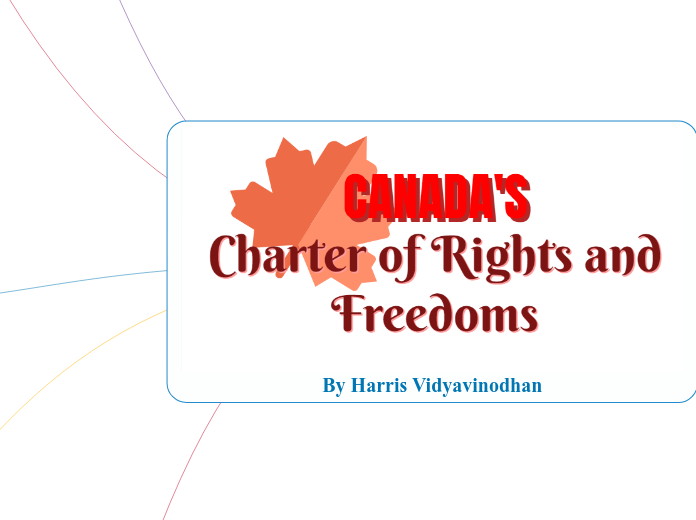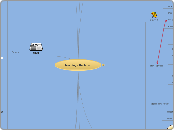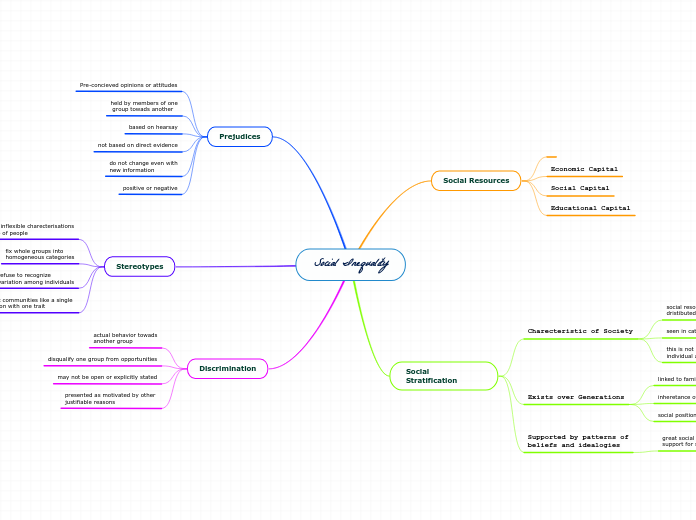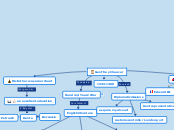av HV - 09OA 842973 T L Kennedy SS 11 måneder siden
272
Harris Vidyavinodhan - Mind Map: Charter of Rights and Freedoms
In Canada, both English and French hold the status of official languages, which means that all government institutions must use both languages equally. This bilingual approach is evident in various aspects of Canadian life, including product labels and services, which provide translations in both languages.









